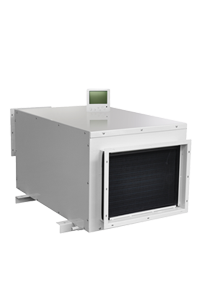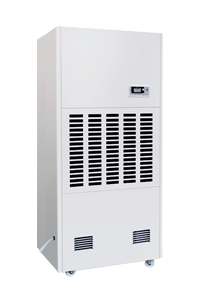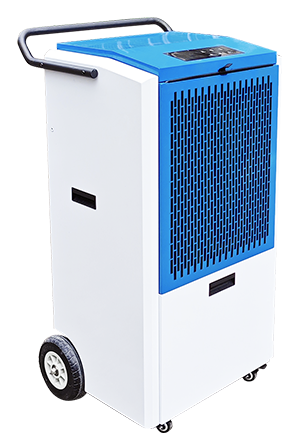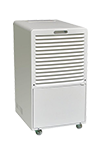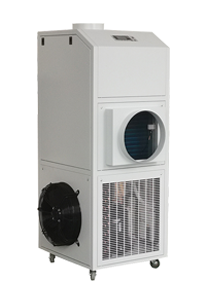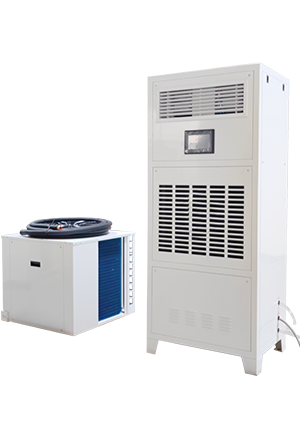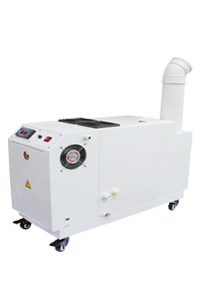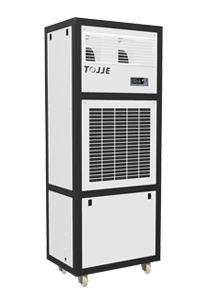News
In the world of warehousing and logistics, humidity control plays a critical role in protecting inventory, optimizing operations, and maintaining infrastructure integrity. Whether storing raw materials, finished goods, or temperature-sensitive products, industrial dehumidifiers provide an efficient and reliable solution to moisture-related challenges.
Why Use Industrial Dehumidifiers?
Industrial dehumidifiers are engineered to handle large spaces and operate continuously under tough environmental conditions. They are specifically designed to:
Maintain consistent humidity levels (typically 40–60%)
Prevent moisture buildup during seasonal or weather fluctuations
Improve air quality and safety in storage areas
Protect the long-term value of assets and infrastructure
Many models include features like automatic drainage, remote monitoring, and programmable humidistats for full operational control.
Key Features for Warehouse Applications
When selecting a dehumidifier for warehouse or logistics use, consider units with:
High moisture removal capacity (100–1000+ liters/day)
Durable, corrosion-resistant construction
Continuous drainage or built-in pumps
Mobility options (casters or forklift-compatible frames)
Energy-efficient rotary compressors or desiccant wheels
Advanced systems may also support integration with warehouse management software (WMS) or IoT-based building automation systems.
Humidity is an invisible enemy in modern warehousing—but one that’s easily defeated with the right technology. Industrial dehumidifiers offer a cost-effective and scalable solution to protect goods, ensure compliance, and improve operational efficiency in warehouse and logistics environments. As supply chains grow more complex, climate control is no longer optional—it’s essential.

